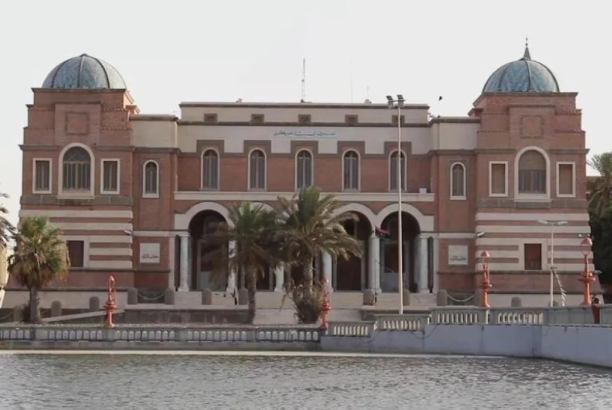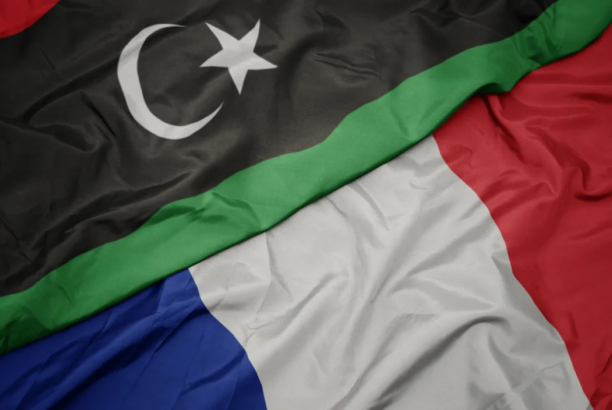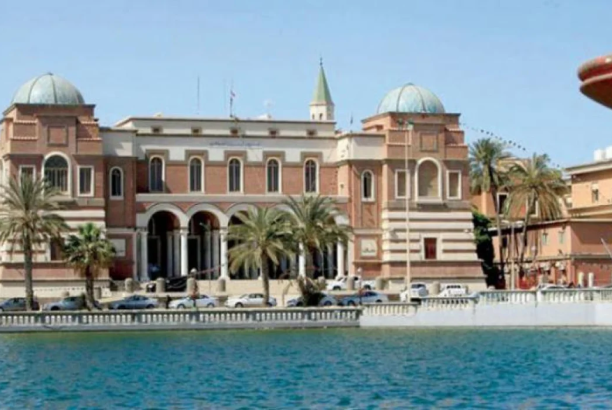Financial expert Khaled Al-Zantouti exclusively told our source regarding the Central Bank’s recent statement: “The average Libyan household consumes imported goods and services worth over 21,000 Libyan dinars monthly, which is three times the value of our oil exports.”
He added, “I was deeply astonished by the Central Bank’s recent statement and the figures it disclosed. It stated that during just 18 days of December, $3.5 billion worth of currency purchase requests were processed. Of this, $1.7 billion was for letters of credit and another $1.7 billion for personal transfers—staggering figures.”
Al-Zantouti explained, “This means we are transferring approximately $200 million daily, equating to about one billion dinars per day, to fund imports and other purposes. And as for ‘other purposes,’ you can underline that ten times. One billion dinars daily—day after day—are spent by Libyans on food, drink, medical treatment, and other needs, all sourced in foreign currency and from outside Libya. This averages 143 dinars per individual per day, assuming a population of 7 million Libyans.”
He elaborated, “For a family of five, this translates to approximately 21,450 dinars in imported goods and services per month. (This assumes that the consumption by foreigners is ultimately borne by Libyans.) Is this reasonable?”
He added, “Now let’s take another perspective: Based on the average Brent crude price of $72.5 per barrel for the first 18 days of this month and factoring in daily export volumes, the foreign partner’s share, and local refinery consumption, Libya’s oil revenues will not exceed $1 billion over these 18 days. This means that even if the full value of these exports were deposited in the Central Bank’s external account, we would still face a hard currency deficit of over $2.5 billion. In essence, our consumption exceeds three times the value of our oil exports.”
He noted, “This analysis is solely for imported goods and services. It does not even account for salaries and other public budget expenditures. Whatever the reasons or justifications, even if tied to year-end processes or annual closures, these figures are alarming, frightening, and disheartening.”
He concluded with a wry remark: “And then they ask me, ‘Why are you pessimistic, Mr. Khaled?’”






